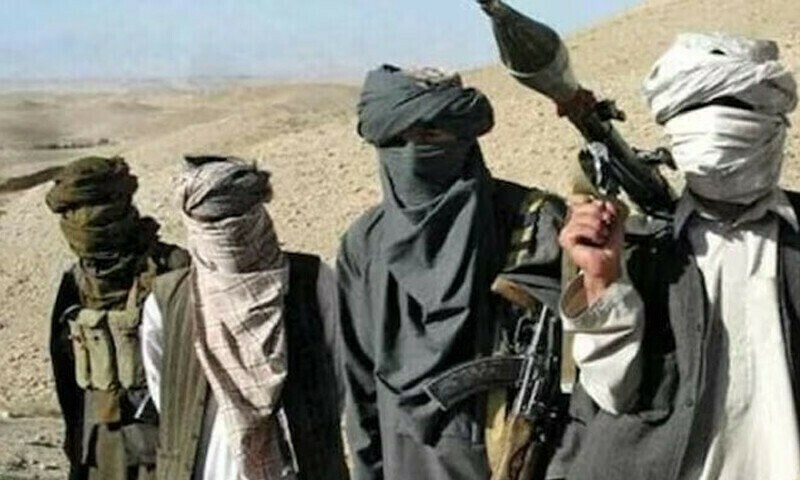Pakistan has always stood for peace. No matter how many sacrifices were made, we raised the flag of stability in a region plagued by conflict.
We paid the price in blood. Our soldiers died. Our civilians were targeted. Yet we never gave up our pursuit of peace. But sadly, our sincerity has been misunderstood. Our patience is seen as weakness. Once again, the threat we eliminated with sacrifice has returned—this time, knocking on our doors from across the border. Afghanistan, once a battleground for the world’s proxy wars, is becoming the base for a new wave of terror. The Taliban promised the world through the Doha Agreement that Afghan soil would never be used for attacks on other countries. That promise is now in ruins. The reality is clear.
From North Waziristan to D.I. Khan, from Bannu to Balochistan, the scent of explosives hangs heavy.
Mosques are attacked. School vans are targeted. Civilians are killed in cold blood.
These aren’t isolated acts. They are planned operations, carried out by well-connected terror networks.
In North Waziristan, 13 soldiers were martyred. In Bajaur, the Assistant Commissioner’s convoy was bombed. Every thread of these plots leads back to the same source—Afghanistan.
The banned Tehreek-e-Taliban Pakistan (TTP) uses Afghan territory as a safe haven. After every attack, they cross back into Afghan soil. Is this what Islamic brotherhood looks like?
We opened diplomatic channels. We offered humanitarian aid. And in return, their soil shelters the very monsters we fought for years. Either the Afghan government is powerless.
Or worse—it is complicit.
In Balochistan’s Bolan district, the Jaffar Express train became the target of a deadly bombing.
Innocent passengers were asleep. Mothers were soothing their children. Elderly men were offering prayers.
Then came the blast. Dozens of lives were lost. This was not just a terror attack. It was a violation of international law. A betrayal of the Doha Agreement. A slap on the face of Islamic unity.
According to intelligence reports, the masterminds of this attack are hiding in Afghanistan.
Sheltered by the TTP.
Armed, trained, and funded by India’s intelligence agency, RAW.
So we ask:
If the Afghan government is truly sovereign, why is TTP still operating freely?
How do they access weapons?
What is RAW doing on Afghan soil?
Why do all roads of terror in Pakistan lead back to Afghanistan?
Pakistan fought terrorism for 20 years.
Operations like Zarb-e-Azb and Radd-ul-Fasaad came at a heavy cost.
Our soldiers bled.
Our mothers buried their sons.
Our children grew up with scars.
Yet we never surrendered.
We never backed down.
Now, the world must break its silence.
The Afghan government must answer:
Which part of the Doha Agreement are they honoring?
Was their promise to the international community just a show?
Have they buried their own commitments under the rubble of deceit?
Pakistan remains committed to peace—even with India.
We are ready to talk about Kashmir, water disputes, and terrorism.
But only as equals.
We’re even willing to cooperate with India to end terrorism—if RAW is shut down and terror networks stop receiving support.
This is a defining moment for Afghan leadership.
Either they honor their word.
Or they admit that their land is still a hub for global terror.
If they truly claim to lead an Islamic government, they must fight the Khawarij—those who murder innocent people under the false banner of faith.
They must expose those who have turned Afghanistan into an operating base for India’s agenda.
Pakistan demands respect—for its passport, its sacrifices, and its will to defend peace.
We are not mercenaries. We are defenders of our land.
And if our enemies mistake our calm for weakness, they clearly know nothing about Pakistan’s past.
Did the world forget Operation Baniyan-ul-Marsous?
Did the Taliban forget how we crushed India’s pawns?
Every inch of our land is soaked in martyr’s blood.
Every child born here carries the Kalima in his heart.
And if Afghan rulers still refuse to wake up—
Let them know:
The sword now seen in Waziristan may soon appear at Kabul’s gates.
Because fire, once lit, never stops at borders.


